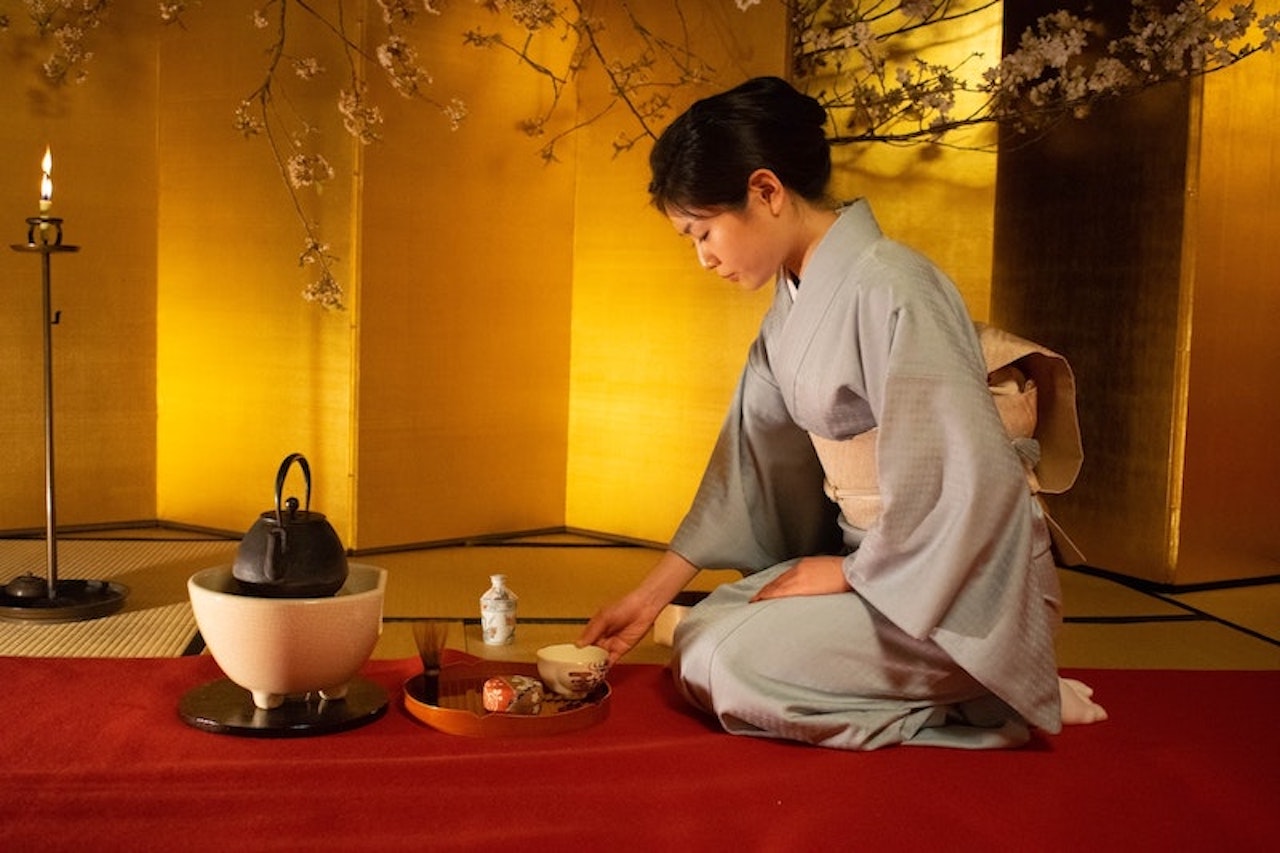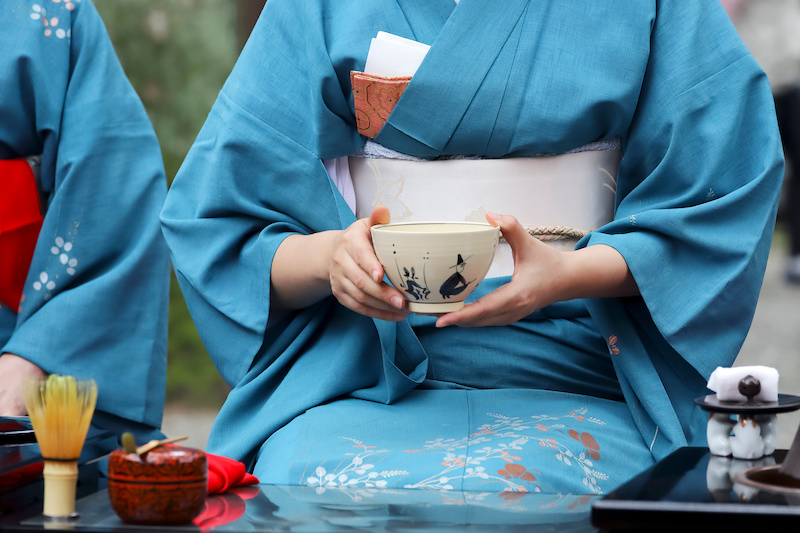Lessons in Leadership: Insights from a Japanese Tea Ceremony
November 5, 2023
The Japanese tea ceremony is an important part of Japanese culture. It is a way of thinking, and a set of manners that are deeply ingrained in Japanese history. The heart of the Japanese tea ceremony is people.
If you are not familiar with the Japanese tea ceremony, here is a little background information. The Japanese tea ceremony is also called chado, chanoyu or sado.
The Japanese tea ceremony is based on four key principles left by tea master Sen No Rikyū: Wa, Kei, Sei, and Jaku. These principles represent the foundation, spirit, and philosophy of the Japanese tea ceremony.
- Wa (harmony): open one’s heart and get along with one another. A sense of togetherness with people, nature, and our surroundings.
- Kei (respect): Respect one another. The ability to accept and respect others despite our differences. Be kind, humble, and accept who we are.
- Sei (purity): Purify not only what one can see, but also what’s within one’s heart.
- Jaku (tranquility): Keep your calm in any situation. Remaining calm in our lives will help us think clearly and make the right choices.

Source: https://unsplash.com/photos/lscGvpiDBLA
Below is a snapshot of a few similarities shared between the Japanese Tea ceremony and conducting business in general in Japan.
The expression ichi go ichi e is based on four Japanese characters, 一期一会, which literally mean “one time one meeting”. This expression has its origins in the century’s old Japanese tea ceremony, where great emphasis is placed on recognizing the transience of meetings between the tea ceremony host and tea ceremony participants.
This means that every moment we experience is a unique treasure that can never be repeated in the same way again. So if we don’t take the time to enjoy it, the moment will be gone forever!
There are so many life lessons that can be unpacked from this concept alone. It would make for a whole separate article!

Source: https://adobe.ly/3GMpz3P
Sword-wielding Warriors and the Modern-day Business People
The Japanese tea ceremony has adapted to modern times by no longer being reserved to monks and samurai classes. Samurais used to perform the tea ceremony before going to war. Even though we are not currently at war, I would like to believe that the tea ceremony can now be seen as a way for a few Japanese business leaders to slow down from our fast-paced life and release the stress from work.
Panasonic founder, Konosuke Matsushita, built one of the largest Japanese consumer electronics companies. He’s referred to as the “God of Management” in Japan and was very well known for practicing Tea ceremony every morning before work.
I believe it was his way to find peace and focus before work. As he once said, “By moving between stillness and motion, the energy of truth springs forth.”
Conclusion
Japanese tea ceremony is a cultural event that is practiced in many different aspects of Japanese culture, from architecture and gardening to calligraphy and pottery. Tea ceremonies are held for a variety of reasons, such as celebrating seasonal changes or the harvest of fresh tea leaves. They can also be held simply as a way to meet with friends or business acquaintances. At its heart, the principles of Wa, Kei, Sei, and Jaku can be applied as a framework in our everyday life and when doing business in Japan.
I will leave you with this quote from Shigenobu*** - “The tea ceremony not only provides an escape for a moment but also an opportunity for practicing a way of being that can be taken to the outside world. Attention to detail, unremitting vigilance, and learning to calmly handle a situation that is, according to Shigenobu “not provided for in the fixed rules”. All words of wisdom, and food for thought when it comes to running more effective business activities.”
If you want to read more about this subject, please contact us now!










